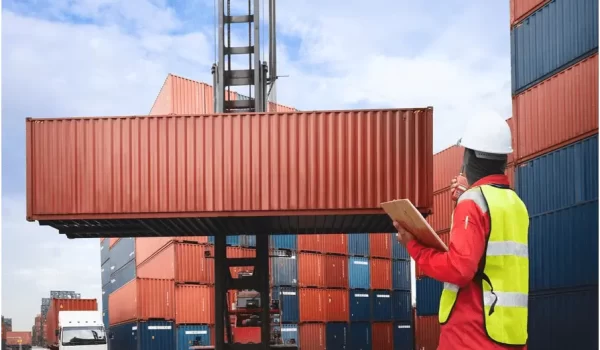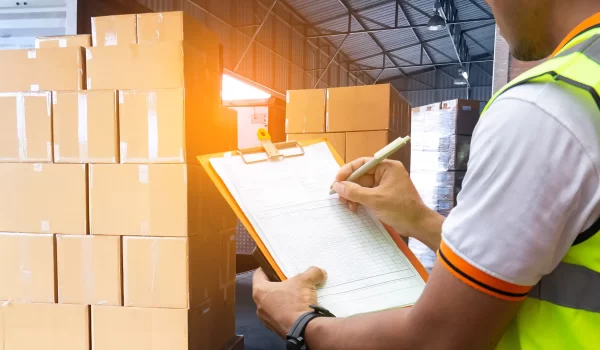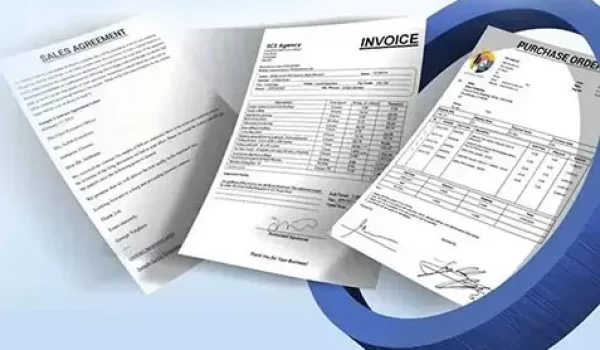Goods Inspection
- International inspection of export and import goods
- Inspection at origin, destination, and issuance of Inspection Certificate (IC) and Certificate of Inspection (COI)
- Pre-shipment inspection (PSI) of imported goods

Types of Inspection Certificates Issued by Pouya Parto International

Why Choose Pouya Parto International for Goods Inspection?
Pouya Parto International Inspection Co. is officially licensed by:
- Iran National Accreditation Center (license INSO-ISO-IEC17020)
- Central Bank of Iran
It provides inspection and sampling services for domestic and international trade, with branches established inside and outside the country.
Thanks to its expert and experienced team, the company delivers fast, high-quality, and cost-effective services, maintaining continuous client interaction throughout the inspection process.

What Is Goods Inspection?
The rapid global growth of trade highlights the importance and attention that all countries give to international commerce.
The process of inspection and sampling of goods in exports and imports includes sampling, testing, and measuring goods to determine qualitative and quantitative specifications, as well as labeling and transportation.
After this process, inspection companies issue official certificates. Importers present these certificates to authorities to ensure the health, quality, and compliance of imported goods.
What Is an Inspection Certificate?
This certificate, issued by inspection companies, is a valid document for both imported and exported goods. It can be presented to various authorities such as the National Standards Organization, banks, and customs.
It certifies the quality, quantity, and authenticity of the goods when they cross national borders. The certificate gives importers peace of mind that the goods meet the accepted standards or technical specifications, and it helps them fulfill foreign exchange obligations.
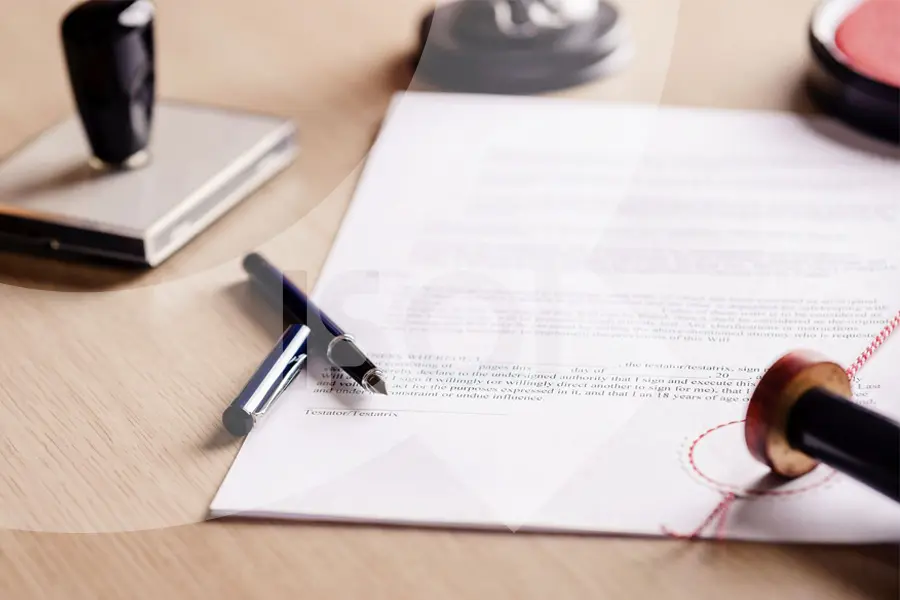
Inspection at Origin
For imported goods that are subject to mandatory standards but:
- Cannot be tested domestically,
- Have long testing procedures,
- Or whose test results are unsatisfactory for the National Standards Organization,
Inspection must be conducted in the country of origin.
Inspection companies use their local inspectors to evaluate the goods’ quality and quantity and then issue the inspection certificate.
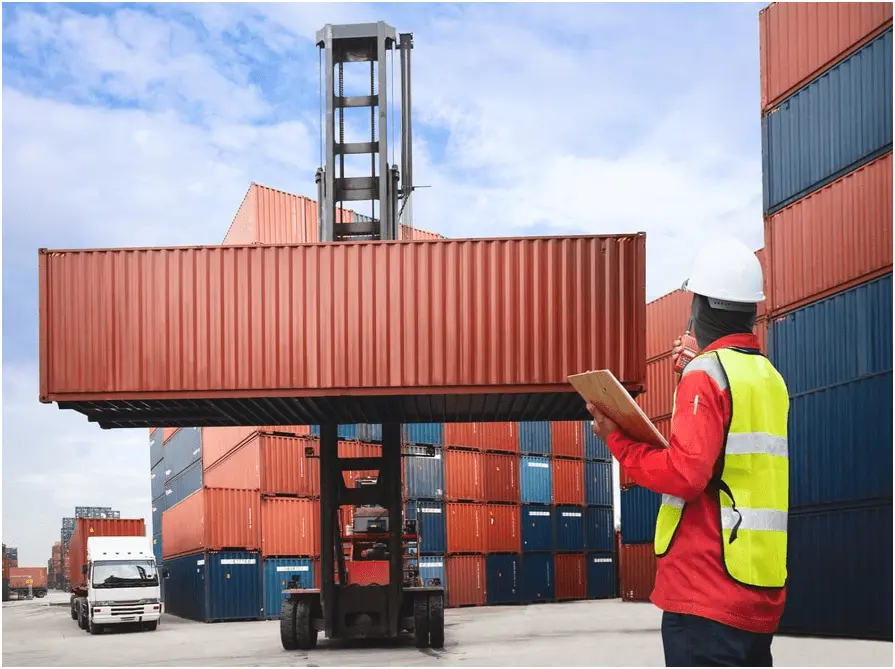
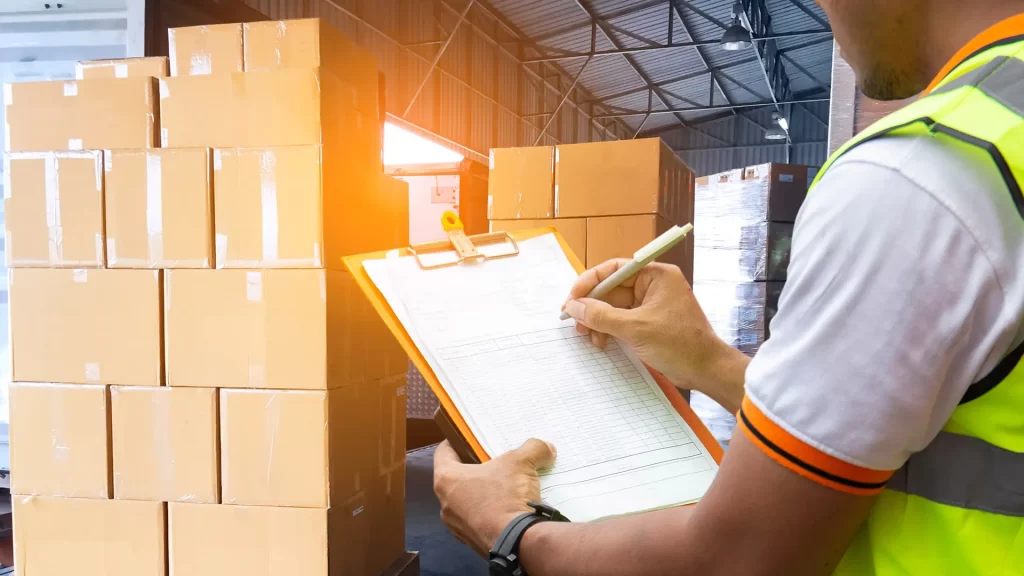
Inspection at Destination
- Mandatory standards apply, and
Testing is possible within domestic laboratories accredited with ISO 17025 and approved by the National Standards Organization, sampling, testing, and certification are done inside the country.
This process is called destination inspection.
In some cases, the Standards Organization may also permit destination inspection to reduce costs and time.
Pre-Shipment Inspection of Goods
For all authorized import goods where inspection is stipulated in the purchase contract, inspection must be conducted before shipment to Iran by an inspection company. Depending on the contract, the following aspects may be included:
- Quantitative or qualitative inspection
- Packaging condition and labeling
- Supervision of transportation, loading, and unloading
- Sampling and laboratory analysis

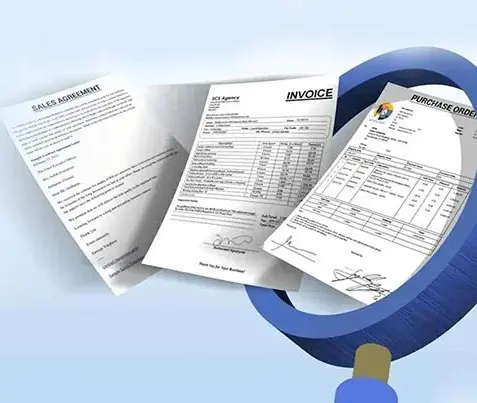
Inspection for Proforma Invoice (PI) Value Confirmation
When the importer or buyer places an order, the seller issues a proforma invoice containing technical specifications, estimated price, packaging method, transport details, etc.
At this stage, the inspection company verifies the PI against the requested goods to:
- Avoid overpricing
- Address ambiguities in the proforma details
A certificate of PI value confirmation can then be submitted to authorized banks for opening a letter of credit or allocating foreign currency.
In-Process (During Production) Inspection
This type is used when:
- The manufacturing process is critical
- The final product cannot be inspected
- Final inspection is too costly
Inspectors are present during the entire production process, inspecting every stage. In some cases, based on National Standards Organization regulations, certain sensitive products must undergo in-process inspection.

Seller Authenticity and Capability Assessment
A key concern for importers is ensuring the supplier fulfills their obligations. Inspection companies evaluate the seller’s:
- Business track record and credentials
- Annual financial turnover
- Production capacity and capabilities
Based on this, a Seller Authenticity Certificate is issued, offering greater confidence in signing contracts or applying for credit from banks and financial institutions.

When Is a Goods Inspection Certificate Required?
A certificate is necessary when:
- Import/export goods are subject to mandatory standards
- The importer needs to fulfill foreign exchange obligations with their bank
- There are regulatory requirements during the production process, including quantity, quality, labeling, and transport conditions
Tariffs for Goods Inspection and Sampling
Inspection fees depend on several factors, such as:
- Type of inspection
- Origin and destination of goods
- Number and volume of inspections
- Type of goods
- Sampling methods
- Supervision during transport
Despite these variables, Pouya Parto guarantees the most competitive rates while preserving quality. Additionally, due to its broader company policies, clients can benefit from multiple discounts to enhance their service experience.
For further details, contact numbers are listed on their website.

Duties of a Goods Inspection Company
In global trade, product quality is paramount, especially in high-value transactions where buyers worry about a seller’s commitment to quantity and quality specifications.
Independent inspection companies help minimize discrepancies and their potential negative impacts by:
- Examining the product
- Comparing it against purchase contract specifications
- Ensuring compliance with national and international standards
- Issuing inspection certificates as a guarantee of product quality and integrity









Key responsibilities agreed upon between the inspector, buyer, and seller include:
- Authenticity and qualification verification of the seller
- Matching goods with placed orders
- Verifying place and country of production
- Monitoring product packaging
- Checking expiration and production dates to confirm goods are new or used
- Ensuring alignment between the product and contract terms
- Issuing required certifications
- Final shipment approval

